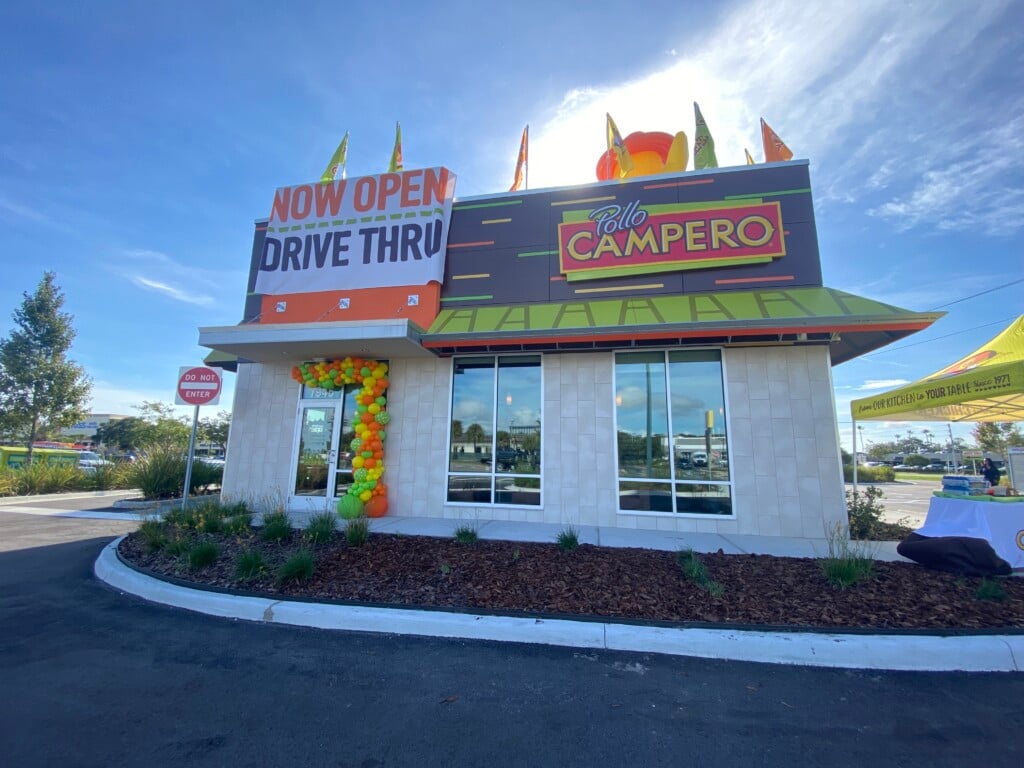Who Invented the Taco?
We don’t know for sure but we do thank them.
Illustration by: Michellina Jones
Long before Taco Tuesday was ever a thing, the inhabitants of what would become Estados Unidos Mexicanos were ladling various proteins and condiments onto round, unleavened breads for quick and satisfying meals.
They weren’t called tacos then but the recipes and the love have endured time and found their way into the history books and folklore of both Mexico and the United States. Their exact origin is up for debate, though.
In an interview with Smithsonian magazine, Jeffrey M. Pilcher, a professor of history at the University of Minnesota, notes that the first European connection came when Spanish conquistador Hernán Cortés served tacos at a party just before heading out to destroy the Aztec Empire.
Pilcher believes the word itself was borrowed from the explosive charge that was used to excavate Mexico’s silver mines in the 18th century. He notes that the men called the packets of gunpowder wrapped in paper “tacos” and they soon used it to describe their handheld meals as well.
According to NationalTacoDay.com, Americans eat 4.5 billion tacos a year. That’s a lot of tacos and we can’t independently verify that number but it seems about right. We do love tacos.
So, when did we get to this point? In the early 1900s, apparently. The first U.S. newspaper reference to tacos was made in a story in 1905 during a wave of Mexican migration.
Tacos as a mainstream food spread quickly after the 1947 invention of the hard corn shell, which had an extended shelf life compared to the tortilla.
In 1952, Californian Glen Bell sold his hot dog stand and opened a little place he called Taco Tia. He opened and sold several small taco chains until he hit upon the one and only Taco Bell.
He franchised the chain in 1964, growing it to 868 restaurants and sold it in 1978 to PepsiCo for $125 million in stock.




